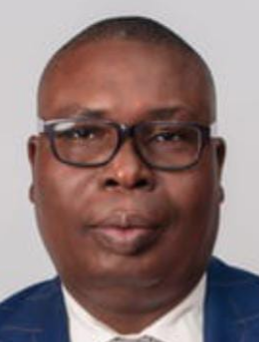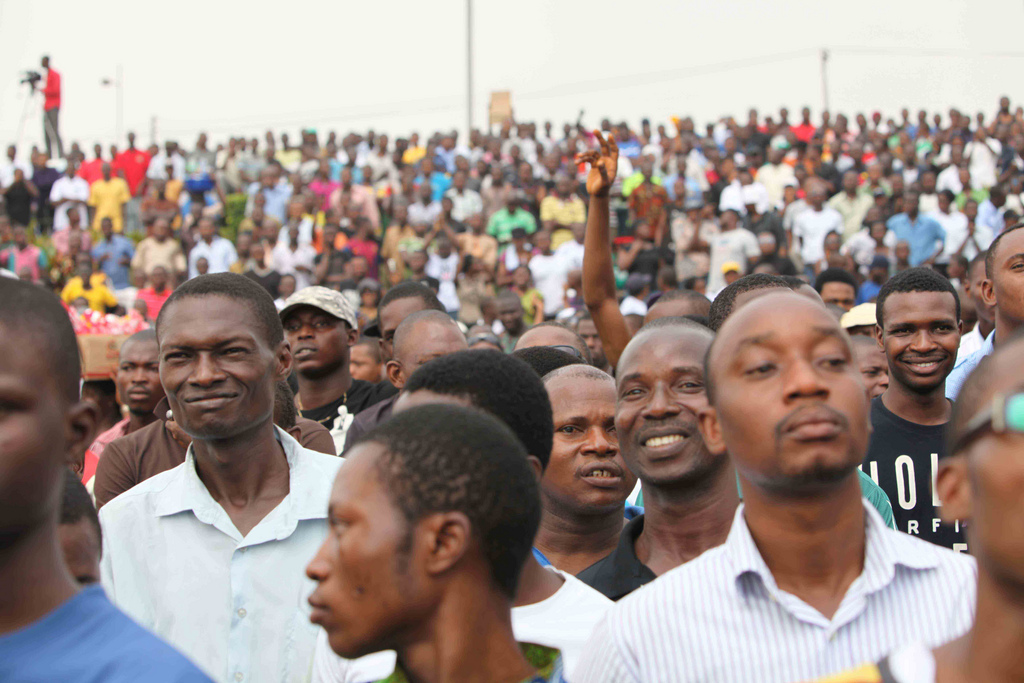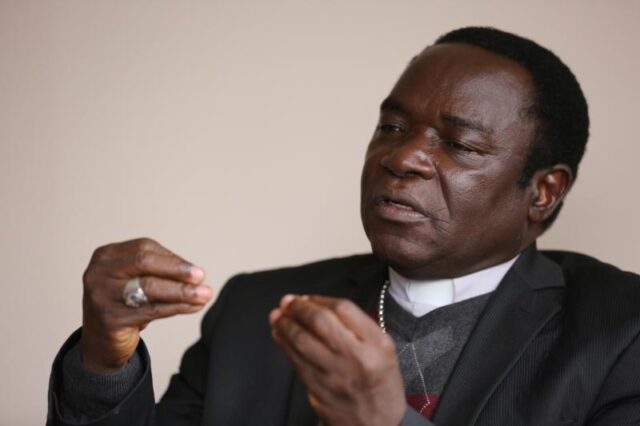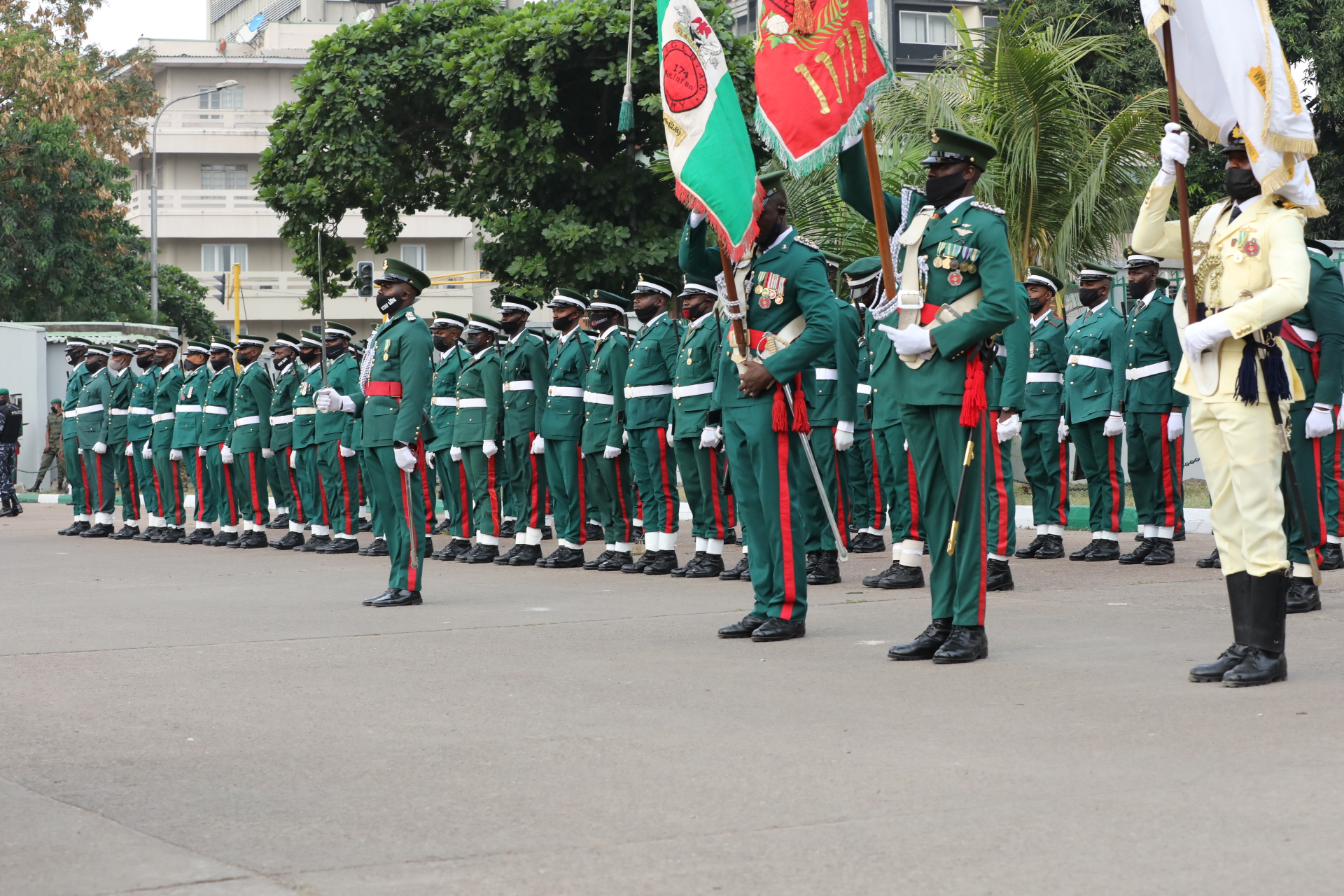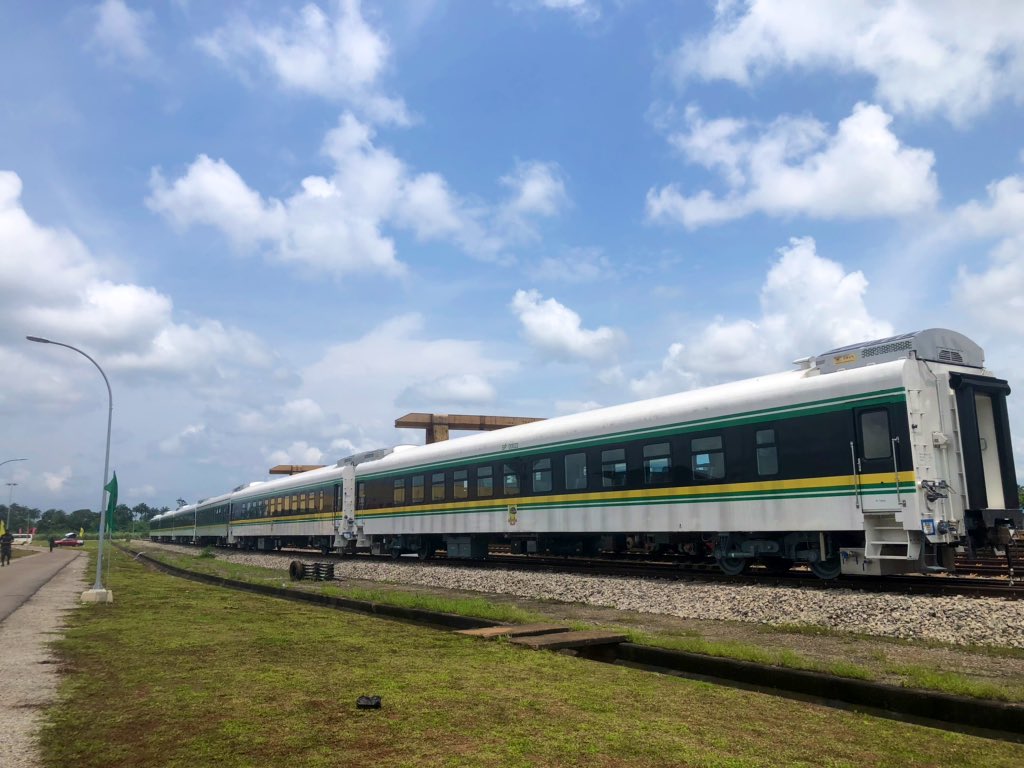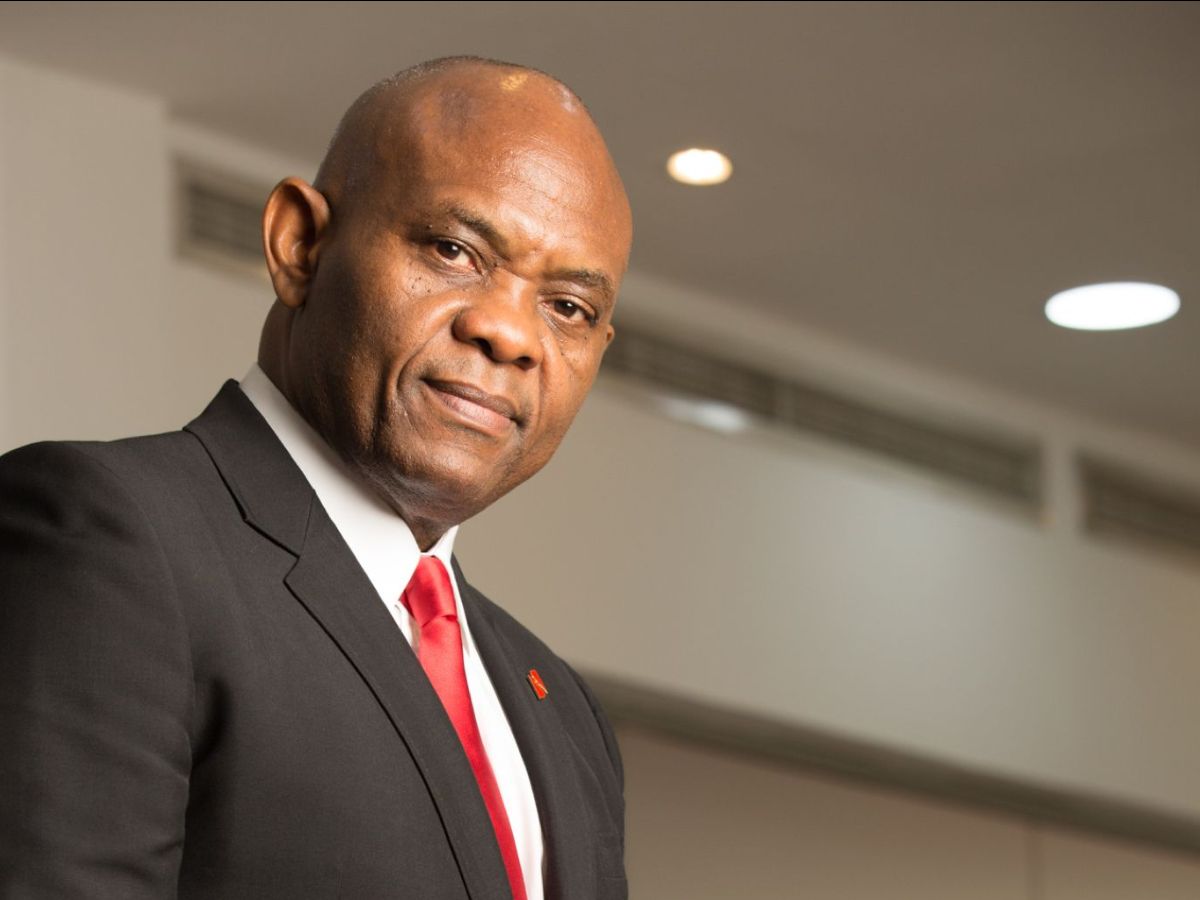The spiraling rate of inflation being foisted on the nation almost weekly by the policies of President Muhammadu Buhari and his APC government is seriously succeeding in ensuring that over 90% of Nigerians are now finding things very tough in their lives.
Albeit the suffering and smiling endurance nature of Nigerians helps the pains to settle in nicely without causing any uprising amongst the population, the leaders ought to be asking the question “how are Nigerians surviving?” daily if they have any modicum of human feelings and conscience in them.
Asking this kind of question sincerely and honestly is what anyone in government should be doing now. Doing so may stir the people in power to think harder on how to ameliorate the crushing pains of the Nigerian masses.
The economic hardship in Nigeria is so pervasive at this austere time that one does not need to look too far to find the victims of the policies of this government. Apart from the families of politicians, top government functionaries, connected contractors, and members of the inner caucus of this administration almost every family in Nigeria is feeling the biting economic hardship that is rooting Nigeria and Nigerians deeper in the poverty club. The statistics the government rolls out regularly to justify their ‘performance’ does not align with the realities on ground. The hardships Nigerians face are real.
Advertisement
One of such suffering families is the family of Yusuf Mukthar a retired director in one of the agencies of government in the Presidency. Yusuf served Nigeria meritoriously as an upright civil servant. His N300,000 (three hundred thousand naira) monthly salary as a director was never enough to sustain his family of five. The government knew this but refused to address the problem. It rather chose to allow people to exploit the system to increase their legitimate income while shouting the anti-corruption slogan. Yusuf refused to be part of this open corruption that has been the order of the day since his days in service. He would rather prefer to manage what he had than get involved in any act of corrupt practices. He was despised by many of his superiors, colleagues and subordinates for his principle of doing things right and doing the right things always. But he remained unshakable in his commitment to righteous ways.
He managed to survive on that meagre income because he was very frugal in his financial management. With the help of the little allowances he gets from regular official trips, he was able to keep his family running and acquire a small plot of land to build a three bedrooms bungalow in a middle-class estate in one of the satellite communities in Abuja.
Yusuf’s retirement from service coincided with Buhari’s election as President. His pension every month after serving Nigeria with utmost integrity for 35 years is N80,000 (eighty thousand naira) only. With the 7 million naira gratuity he was given at retirement, he paid the outstanding mortgage loan he collected to complete his house and set up an automobile service center in one of the numerous petrol stations in the nation’s capital. He was struggling to get along just fine with the N180,000 monthly revenue from the service center and his N80,000 monthly pension augmented with his wife’s N120,000 monthly salary as top teacher in one of the government secondary schools in town until Buharinomics began to drag him down faster into a harsher reality of serious lack.
Advertisement
When Muhammadu Buhari was sworn in as President, the monthly gross income of Yusuf’s family was N380,000. It was equivalent of $2000 then. Five years later the income remains largely the same in Naira, but it is only worth around $700 or $800 dollars as the naira rises and falls.
The energy bill of Yusuf’s family was N15,000 on electricity, N8,000 for fuel for generator and N18,000 for fuel for their two cars. Today, he spends N45,000 on electricity that is still very far from regular, N16,000 fuel for generator and N32,000 for fuel for their vehicles.
The allocation for feeding has gone up by 100%. A loaf of the bread his family eats alone moved from N300 to N450 within 12 months.
In all these five years, his family’s income almost remains the same despite all his hard work and relentless efforts to improve their living condition by trying other streams of income. The opportunities to earn decent income are either simply not there or cornered by the big people in government for their families..
Advertisement
Now Yusuf’s entire family’s income can hardly sustain his family for more than three weeks in a month.
He finds himself at sixty-two struggling endlessly to cope with the school fees of his last two children who are in university and secondary school respectively. The roof of his house is leaking but he found it hard to spare any money to fix that and also address the other urgent repairs to be done in the house. Whenever he sees some of his colleagues who cheated the system and helped themselves with monies budgeted for projects in their offices living large in the midst of the invading poverty around him, tears will fill up his eyes and regrets will overwhelm his heart. But he always quickly seeks solace in his faith in the just God and resign to hope.
Yusuf is not alone in the harrowing experience of Nigerians in these trying times. He represents every ordinary Nigerian beaten into poverty and hopelessness by the policies of this government.
As if these pains are not enough, the suffering masses still remain the major target of all the arms of governments and their agencies in most of their efforts to raise internally generated revenue. The masses are bleeding profusely after they have been over squeezed, but no one in government and government service cares to know how they are surviving. Nigeria remains a haven of everyone for himself, God for us all. May this sad narrative change one day in this lifetime.
Advertisement
Olanrewaju Osho is a development advocate, change architect, UN road safety advocate, author and international relations specialist. He was a senatorial candidate for FCT in the 2019 elections on the ticket of ANRP.
Advertisement
Views expressed by contributors are strictly personal and not of TheCable.
